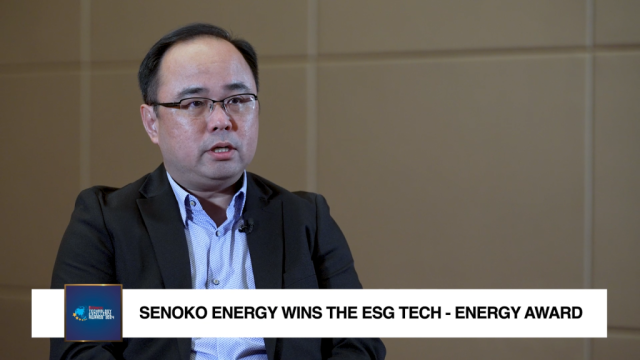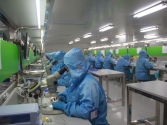
Indonesian refiners’ competitive advantage threatened by Malaysians amid new tax rules
But Malaysia's gains are shaken by China’s export rule effective Jan1.
CIMB recently met up with Palm Oil Refiners Association of Malaysia (PORAM) CEO, Mohammad Jaaffar Ahmad, and his assistant, Teoh Beng Chuan, to discuss the two new set of rules that will affect the Malaysian refiners starting from 1 Jan 2013. CIMB said that PORAM is positive on the new palm oil export tax structure in Malaysia as it will make the Malaysian refiners more competitive.
But this is partially offset by concerns that the enforcement of the 2009 quality regulations on edible oils in China, starting from 1 Jan 2013, may hurt palm oil exports to China, ultimately leading to weaker demand, it said.
“We expect Malaysian refiners to record a better performance in 2013 as they benefit from the new export tax structure and higher CPO supplies. Potential beneficiaries include Wilmar and the integrated players in Malaysia, such as Sime Darby and Felda Global. Our key pick for exposure to the latest export tax development is Wilmar.”
Here’s more from CIMB:
"On 15 Dec 2012, the Malaysian Government revealed that it has set the CPO export tax for Jan at 0%. The reference CPO price used to determine this was fixed at RM2,148 per tonne. This will be the first time in many years that Malaysian planters and refiners can export CPO on a tax-free basis without a tax-free quota allocation from the government.
Some quarters voiced concerns that some planters may seek to export their CPO produce, bypassing the local refiners/traders. Based on our channel checks with some Malaysian pure planters, most indicated their plans to continue selling to the local refiners/traders as long as the local CPO prices are similar to export prices being offered.
This could be due to concerns surrounding potential default risks and the lack of distribution network. We gathered that large integrated planters and refiners dominate palm oil exports from Malaysia, and we expect this trend to prevail in 1H13.
Overall, we are of the view that the tax-free CPO ruling for Jan 2013 is not likely to change the behaviour of how the pure planters sell their CPO produce significantly.
Indonesia reduced its export tax on crude palm oil to 7.5% for Jan 13 from 9% in Dec 12, an official at the Trade Ministry announced last week. It has also reduced the Jan export tax on RBD palm olein to 2% from 3% in the previous month. This means that Indonesian refiners' margin advantage over the Malaysian refiners has been cut to 5.5% pts in Jan 13 from 6% pts in Dec 12 and 8% pts in Jan 11.
This, coupled with the lower CPO reference price used to calculate the export tax, means that the Indonesian refiners' feedstock cost advantage gap over the Malaysian refiners has narrowed significantly to around RM94 per tonne from RM482 per tonne a year ago.
In view of this, we believe the Malaysian refiners will be more competitive vs. the Indonesian refiners under the new export tax regime. We are also of the view that Malaysia'slogistical advantage over Indonesia will make up for the differences. "
























 Advertise
Advertise









